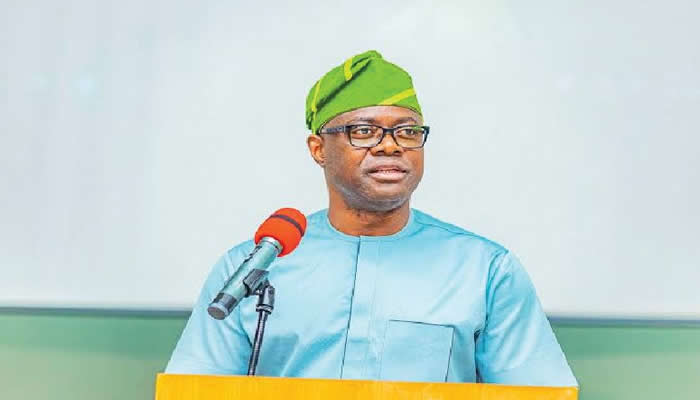Former Communications Minister, Adebayo Shittu, has issued a stern caution to Oyo State Governor, Seyi Makinde, against attempting to impose a successor in the upcoming 2026 gubernatorial election. Shittu, who served under former President Muhammadu Buhari, argues that such a move is antiquated, undemocratic, and disregards the desire of the Oyo people for fresh leadership. He emphasized that the power to choose a leader rests with the electorate, not with the incumbent governor, and that he is actively seeking God’s favor to become the next governor of Oyo State.
Shittu’s admonishment follows Governor Makinde’s public declaration during the 11th Omituntun Ramadan Lecture that he would reveal his preferred successor in January 2026. This pronouncements sparked controversy and raised concerns about potential political manipulation. Shittu dismissed Makinde’s assertion, emphasizing the ultimate authority of God in determining leadership. He stressed that Makinde’s plan to install a successor is merely a “daydream” and that he remains undeterred in his pursuit of the governorship.
Beyond challenging Makinde’s succession plans, Shittu also raised concerns about the historical dominance of Ibadan indigenes in the governorship of Oyo State. He argues that this trend, where six out of the last seven governors have hailed from Ibadan, is unfair and potentially destabilizing. Citing the example of the North conceding the presidency to Goodluck Jonathan, a minority, for the sake of national balance, Shittu advocates for a similar rotational system in Oyo State. He believes that this will promote inclusivity, address the marginalization of other regions, and foster a stronger sense of unity among the diverse population of the state.
Shittu’s argument for rotational leadership centers on the need for equitable representation across the seven zones of Oyo State. Although Ibadan holds a larger population share, approximately 52%, he points out that not all residents are Ibadan indigenes. He contends that the diverse composition of Ibadan, which includes people from various ethnic backgrounds, further strengthens the argument for power rotation. He stresses that allowing other zones to hold the governorship will not only address their sense of marginalization but also benefit Ibadan, as a non-Ibadan governor would be highly motivated to satisfy the needs of Ibadan residents to avoid accusations of bias. He emphasizes how past administrations have prioritized the needs of Ibadan as a way of maintaining peace and satisfaction and that such a trend should be replicated in all parts of the state.
He further underscores his personal connection to Ibadan, having resided there for 45 years, owning multiple properties, raising his children there, and actively participating in the region’s politics. He highlights that his advocacy for rotational leadership stems not from personal alienation but from a genuine concern for the political stability and unity of Oyo State. He believes that sharing power across the different zones will create a more inclusive and harmonious political landscape, preventing potential agitations and fostering a stronger sense of belonging among all citizens.
Shittu’s challenge to Governor Makinde’s succession plans and his advocacy for rotational leadership have introduced a significant discourse into the political landscape of Oyo State. While attempts to reach Governor Makinde’s media aide for a response were unsuccessful, the issues raised by Shittu are likely to resonate with voters and shape the political dynamics leading up to the 2026 gubernatorial elections. The debate surrounding power rotation and the right of the electorate to freely choose their leaders is likely to intensify as the election draws closer.


